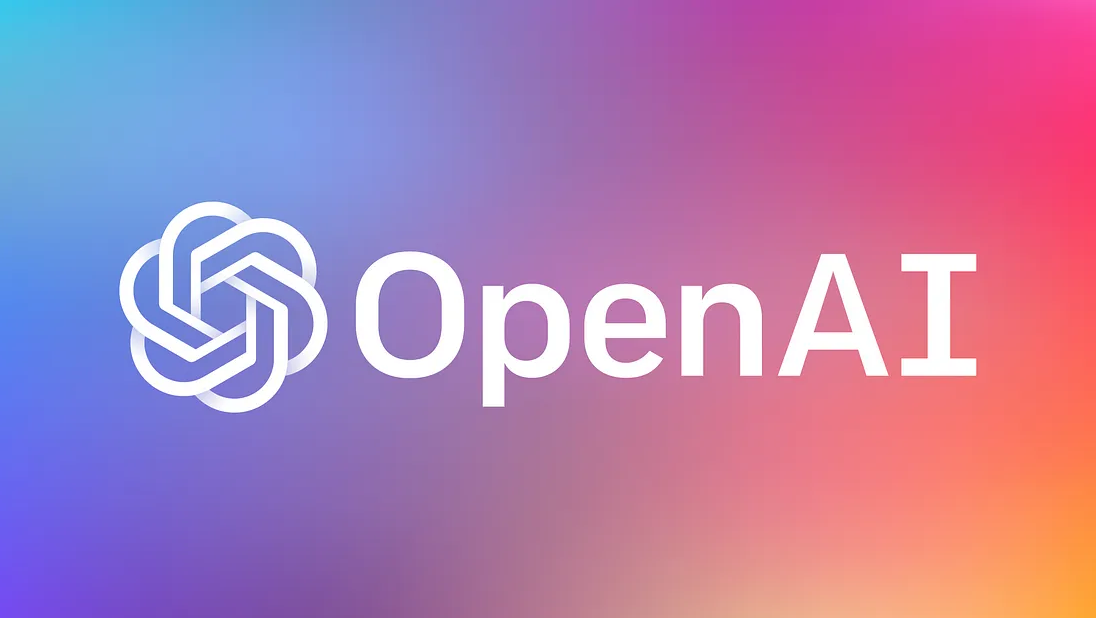AI is set to reshape daily life in 2026, with innovations moving beyond software to influence the physical world, work environments, and international relations.
Autonomous agents will increasingly manage household and workplace tasks, coordinating projects, handling logistics, and interacting with smart devices instead of relying solely on humans.
Synthetic content will become ubiquitous, potentially comprising up to 90 percent of online material. While it can accelerate data analysis and insight generation, the challenge will be to ensure genuine human creativity and experience remain visible instead of being drowned out by generic AI outputs.
The workplace will see both opportunity and disruption. Routine and administrative work will increasingly be offloaded to AI, creating roles such as prompt engineers and AI ethics specialists, while some traditional positions face redundancy.
Similarly, AI will expand into healthcare, autonomous transport, and industrial automation, becoming a tangible presence in everyday life instead of remaining a background technology.
Governments and global institutions will grapple with AI’s geopolitical and economic impact. From trade restrictions to synthetic propaganda, world leaders will attempt to control AI’s spread and underlying data instead of allowing a single country or corporation to have unchecked dominance.
Energy efficiency and sustainability will also rise to the fore, as AI’s growing power demands require innovative solutions to reduce environmental impact.
Would you like to learn more about AI, tech and digital diplomacy? If so, ask our Diplo chatbot!










